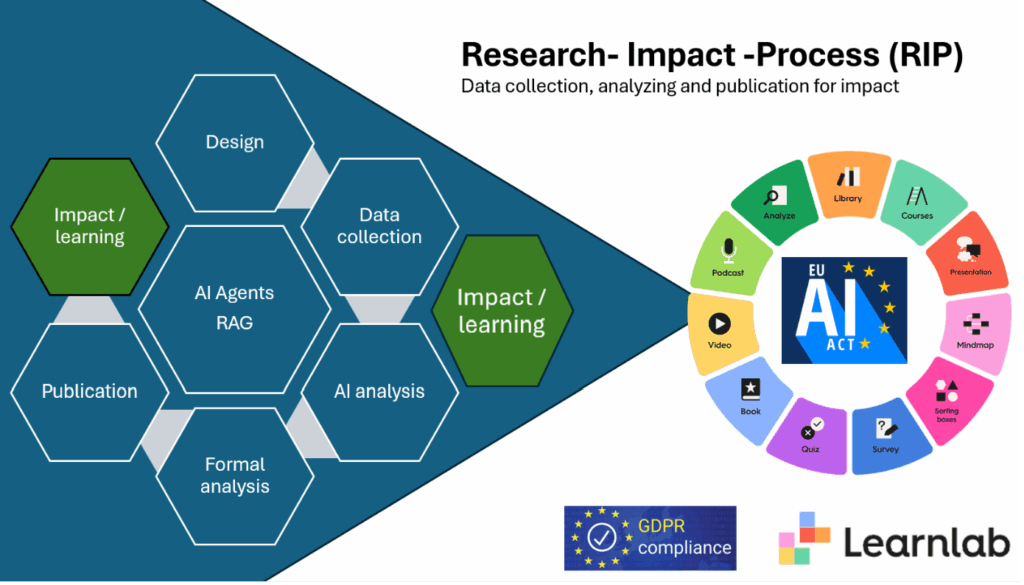
Leading Educational Change in the Era of AI
How can disruptive technology like AI be harnessed to elevate educational practices rather than corrupt them?
Dive into this essential resource and discover how to lead your institution through transformative change, ensuring that pedagogy comes first while AI serves as an ally. Leading Change in the Era of AI offers a comprehensive roadmap, combining theoretical insights with practical strategies and free resources to foster learning organizations that are future-ready while staying true to their core values.
Buy the book





